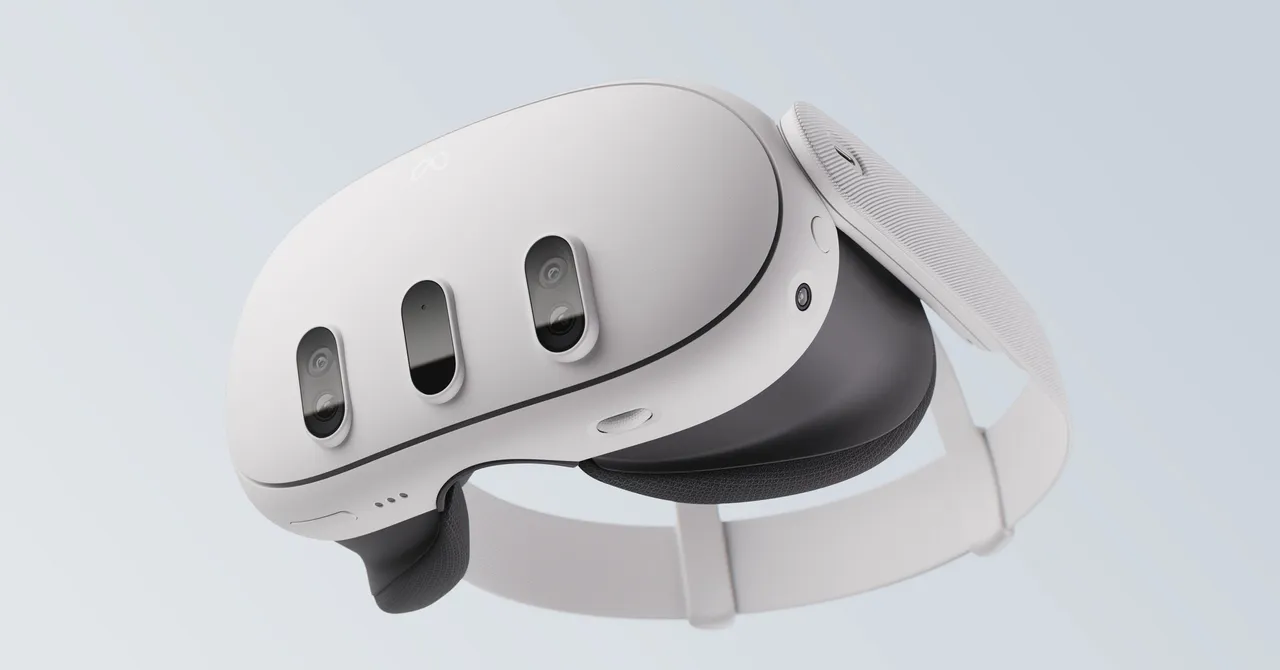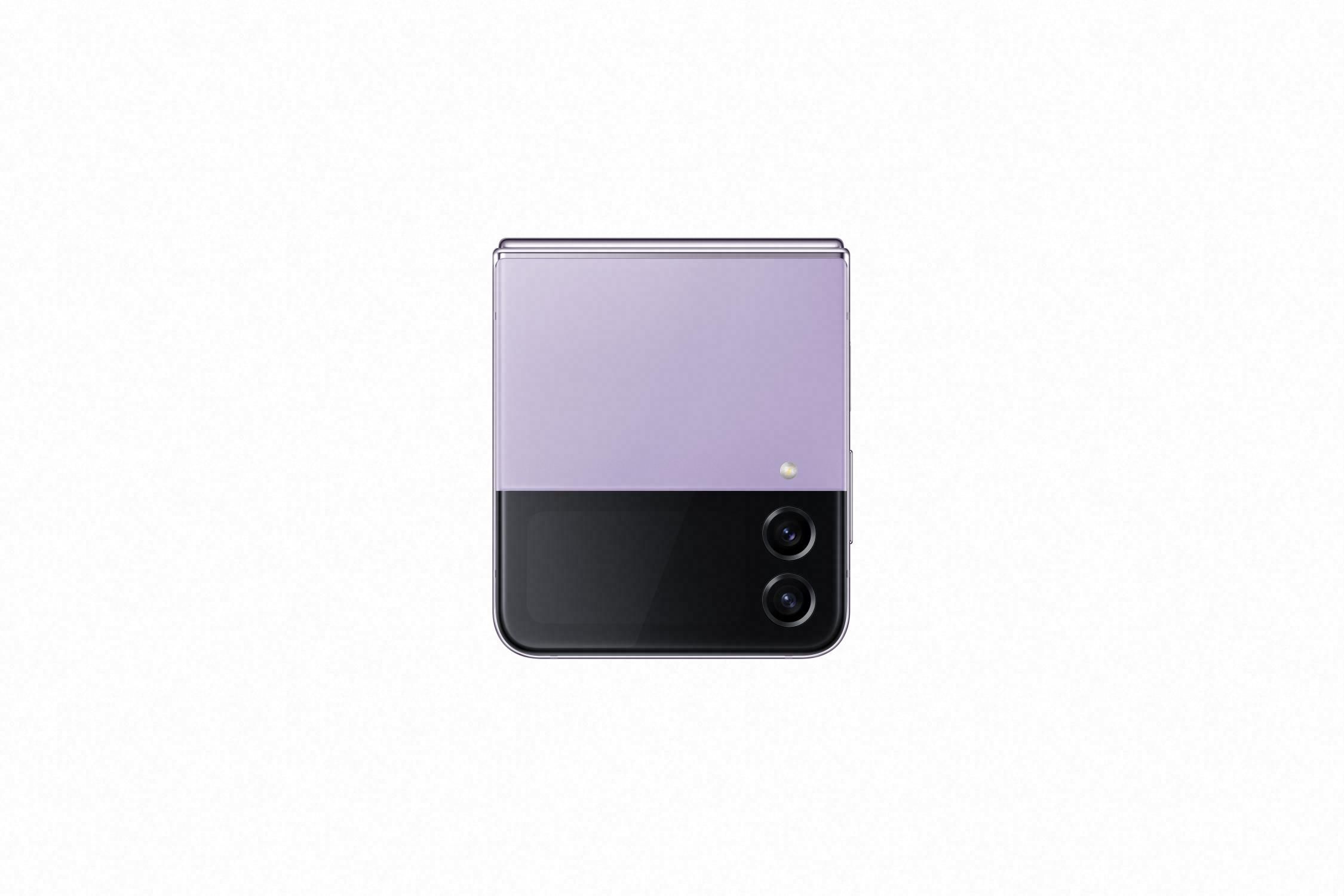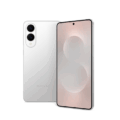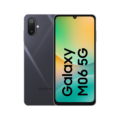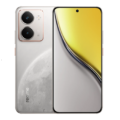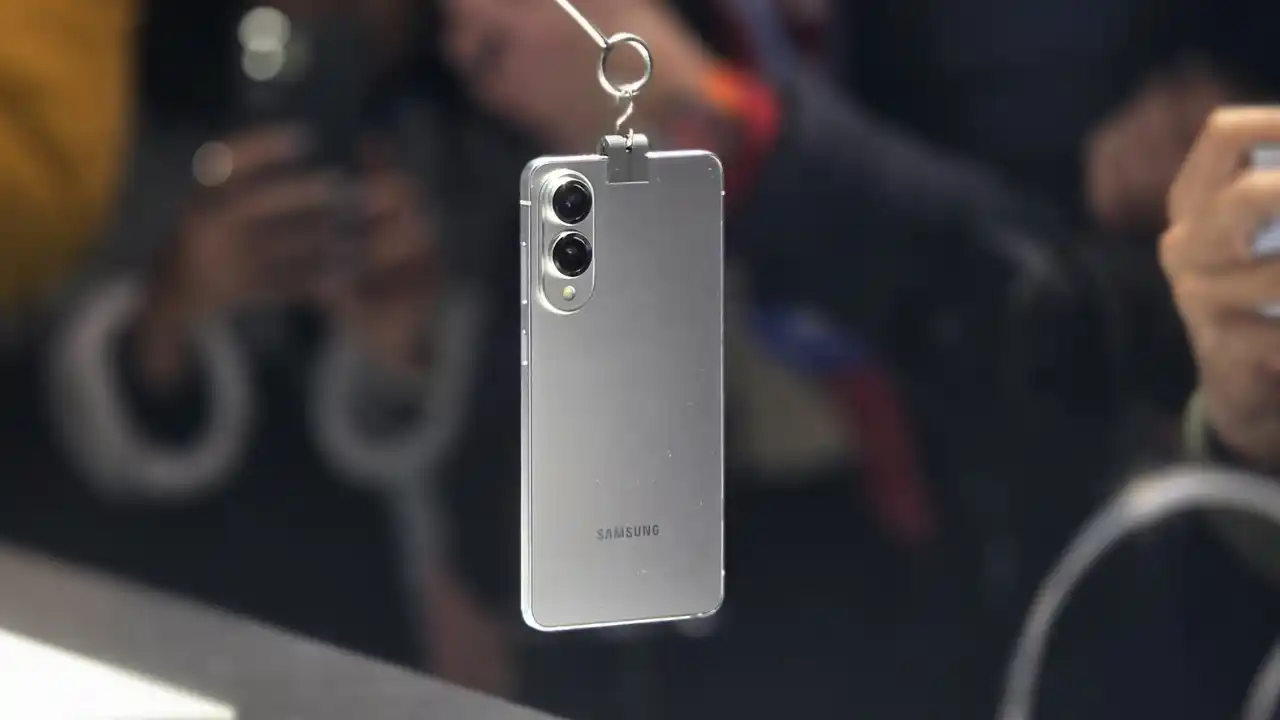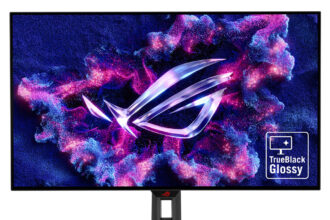Meta is taking significant steps to position its Quest VR headsets as the Android equivalent in the VR world. This strategic shift comes as Meta faces stiff competition from Apple’s Vision Pro, a high-end mixed reality headset.
Meta’s Vision for VR
Meta’s long-term vision involves making its VR headsets as ubiquitous and versatile as Android smartphones. By offering a more affordable and accessible alternative to Apple’s devices, Meta aims to capture a broad user base. The Meta Quest 3, priced at $500, is central to this strategy, providing a powerful yet cost-effective option for VR enthusiasts.
Shifting Focus from AR to VR
Recent reports indicate that Meta is redirecting its resources from augmented reality (AR) to virtual reality (VR). The decision is influenced by the high research and development costs and the slower-than-expected commercial viability of AR products. Consequently, Meta has shelved several AR projects and integrated some of their features into the VR ecosystem.
One notable shift is the development of “Augments,” which are now being designed for the Meta Quest headsets. These digital objects, initially intended for AR, enhance the VR experience by overlaying virtual elements onto real-world surroundings.
The Competitive Landscape
Apple’s entry into the mixed reality market with the Vision Pro has influenced Meta’s approach. Meta executives believe that Apple’s high-profile launch will validate and boost interest in VR, indirectly benefiting Meta’s more affordable offerings.
Strategic Partnerships and Future Plans
Meta is also bolstering its partnerships, such as its collaboration with Ray-Ban on smart glasses, to ensure a steady flow of innovative products. This collaboration aims to bridge the gap between traditional eyewear and smart technology, although the primary focus remains on enhancing the VR experience with the Quest line of headsets.
Furthermore, Meta is reportedly working on a “Quest 3 Lite,” a more affordable version of the Quest 3, to further democratize access to VR technology. This approach is designed to attract a wider audience and ensure that VR technology is accessible to more people.
Meta’s ambition to make Quest the Android of VR is not just about hardware but also about creating a robust software ecosystem. By encouraging the development of a wide range of applications and fostering an open platform, Meta hopes to replicate the success of Android in the VR domain. The company is betting that a diverse and rich software ecosystem will drive user adoption and establish Quest as a leading VR platform.

